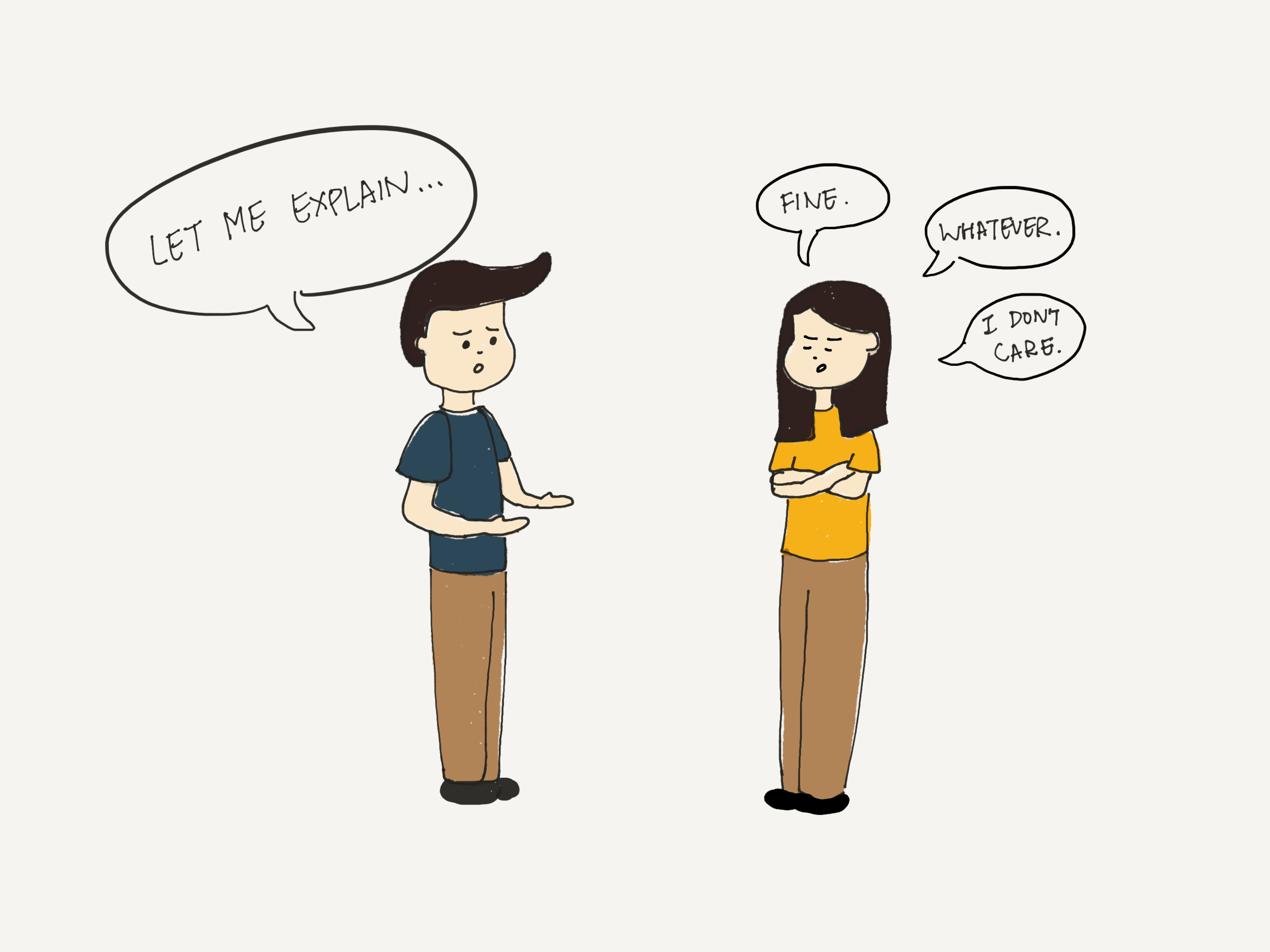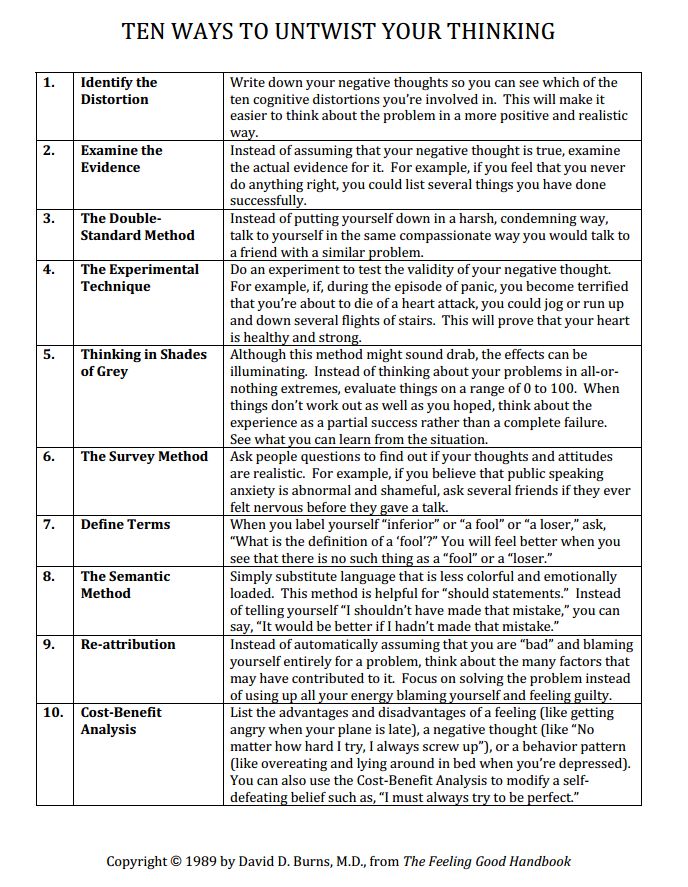Bringing awareness to ones communication style, can be very helpful. Assertiveness training can improve communication and relationships with others. The goal is to adopt a sense of, “I win, you win” instead of simply trying to, get what you want.
Quiz: What’s your communication style?
Being assertive isn’t only good for your relationships, it’s good for reducing stress and anger, and communicating better according to the Mayo Clinic. It can also help boost self-esteem.
We all have different ways of getting our points across. Most communication styles fall within four categories: Passive, Aggressive, Passive-Aggressive, or Assertive.
With passive communication, boundaries are violated by others: “You win, and I lose.”
Passive aggressive communication action is a deliberate but covert way of expressing anger (Long, Long & Whitson, 2009) and is most often motivated by a person’s fear of expressing anger directly.
What type of communication style do you typically use? Does your style change depending on your audience? In which situations would you be most likely to try to improve your assertiveness?
When someone comes at you more aggressively, it’s important to consider the source. Why might this person be saying what they are saying? It might have nothing to do with you, maybe they’re just having a bad day, or a hard time. Try and take a moment to reflect before responding. If it is personal, not all criticism is bad. In this case, can any of what they are saying be true and helpful? Is there something to learn and grow from here? If so, maybe say to this person that you hear their perspective, and you would like to do better. Ask if they have any specific feedback you can use to improve. Then remember that this is just someone’s opinion. Sometimes you will want to take that in, and sometimes you won’t.
The next time you draft an email or text message that could be interpreted different ways; re-read it to yourself and imagine someone was sending you the same message. Is there anything you would change?
Read more about assertiveness here
Contact me if you would like to work on your own assertiveness skills, or for a company training.







